21 Innovative Ways to Reduce Household Waste for an Eco-Friendly Home
Are you tired of the ever-growing piles of waste in your household? Concerned about the impact it has on the environment? Don’t worry, we’ve got you covered! We have compiled a list of 21 innovative ways to reduce household waste for a more eco-friendly home. From embracing reusable items to planting a sustainable garden, these tips will help you take control of your waste and contribute to a healthier planet.
Short Summary
- Reduce waste & create a more sustainable lifestyle by embracing reusable items, tackling food waste head-on and choosing eco-friendly alternatives.
- Invest in energy efficient appliances and solar energy to reduce electricity consumption.
- Educate children about sustainability & support innovative solutions for a greener future!
Embracing Reusable Items
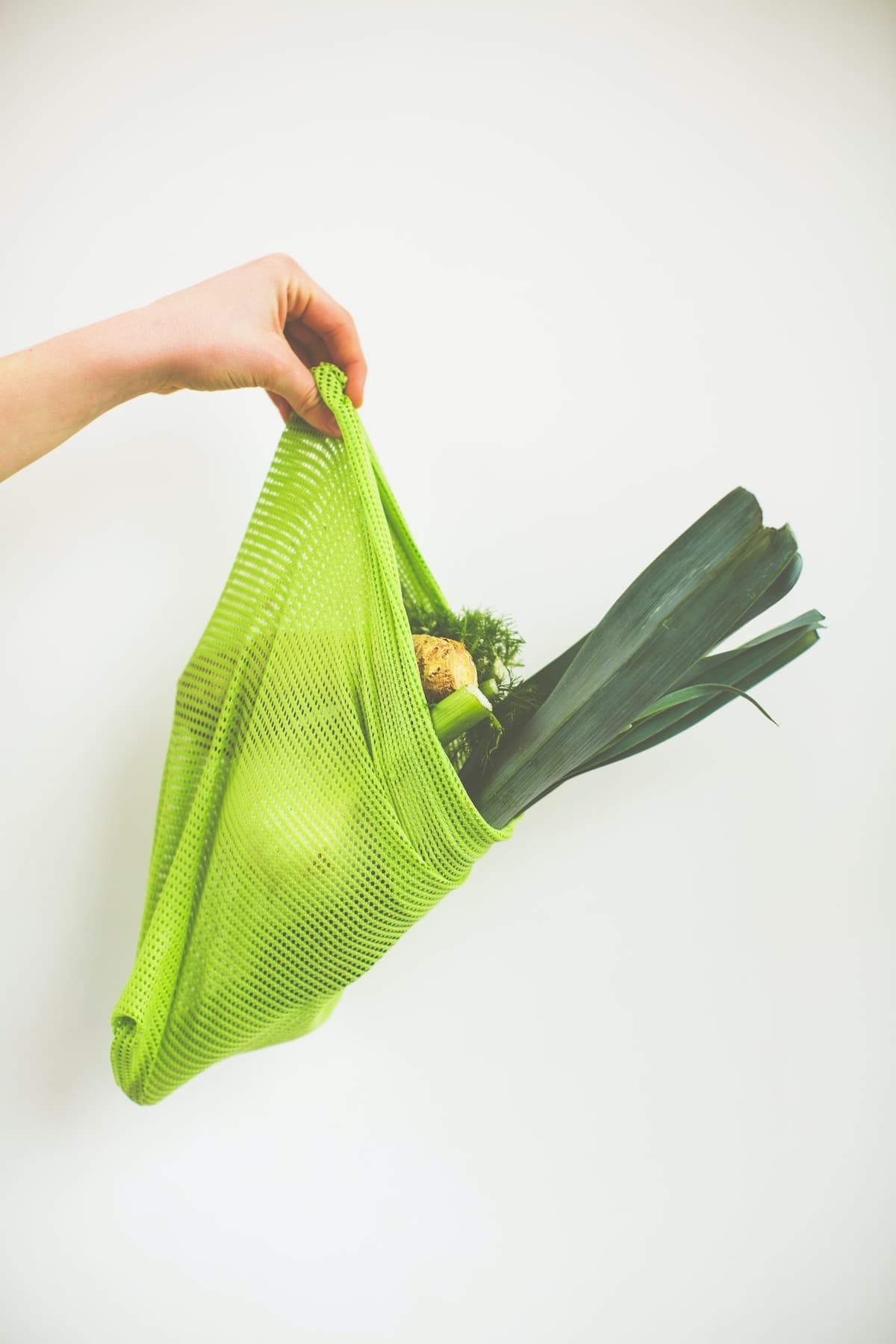
Did you know that using reusable items like grocery bags can help cut down on waste and save you money over time? By replacing plastic bags with reusable alternatives, we can significantly reduce plastic waste and make a real difference to the environment. So why not embrace reusable cutlery, stainless steel straws, and containers? These small changes can greatly impact our planet and pave the way for a more sustainable future.
Moreover, using cloth or netted vegetable sacks instead of plastic bags, refillable storage containers, and reusable drinking straws are just a few examples of items that can help reduce waste in our daily lives. By making these simple swaps, we can minimize our environmental impact and promote a cleaner, greener world for future generations.
Tackling Food Waste Head-On
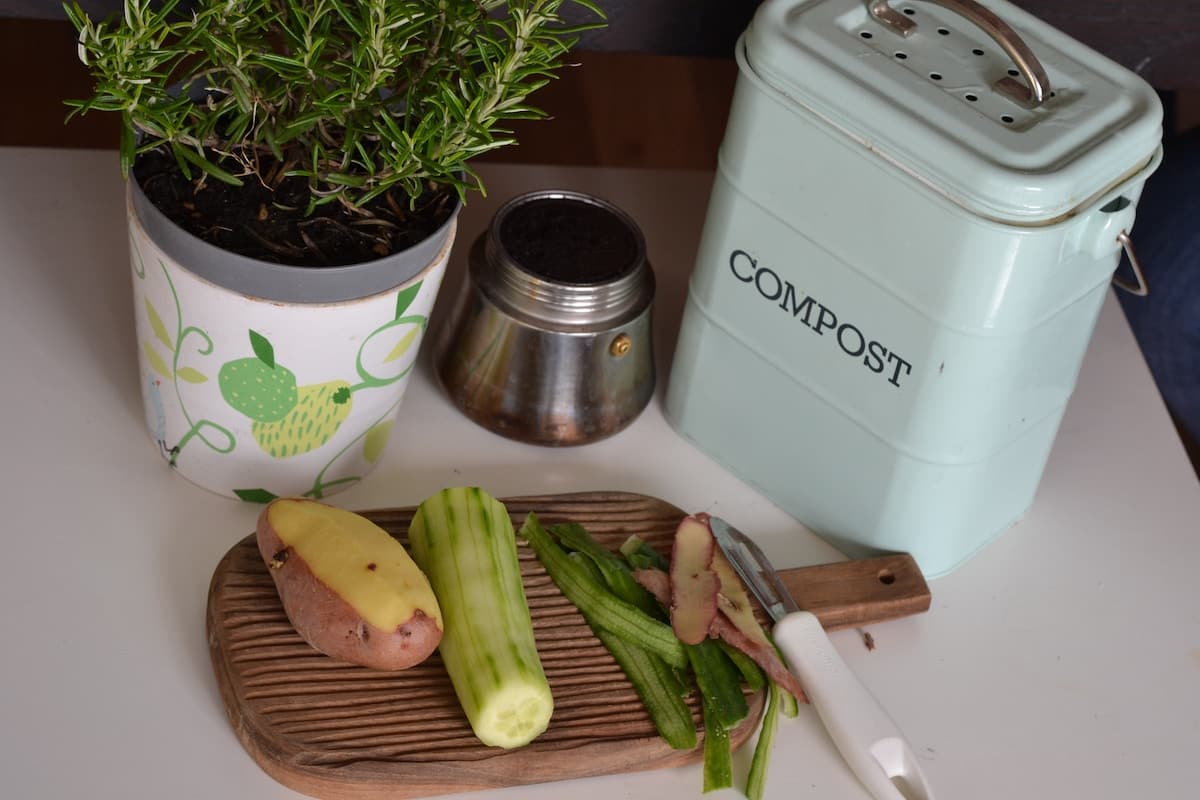
Food waste is a major contributor to landfill waste and a significant burden on our environment. According to the Environmental Protection Agency, tackling food waste head-on can help limit landfill contributions and save you money on your grocery bills. So, how can we cut down on food waste? Planning out your meals, storing food properly, and making use of leftovers are all great ways to help reduce food waste.
Did you know that the average American produces about 4.4 pounds of trash per day, including items like plastic wrap and plastic bags? By embracing meal planning, we can ensure that we use up everything we buy, including products made from recycled paper. This simple practice will not only minimize food waste, but also contribute to a more sustainable, eco-friendly lifestyle.
Choosing Sustainable Alternatives

Opting for sustainable alternatives like biodegradable products and natural materials can greatly reduce waste and lessen our environmental impact. For example, when buying products, choose items with minimal packaging and packaging that can be recycled. This simple choice can help reduce toxic waste and promote a cleaner planet for future generations.
In addition to making conscious shopping choices, you can also create eco-friendly cleaning products and toiletries at home using natural, inexpensive ingredients and basic recipes. By choosing sustainable alternatives, we can work towards a greener, more eco-conscious lifestyle that benefits both our health and the environment.
The Power of Buying in Bulk
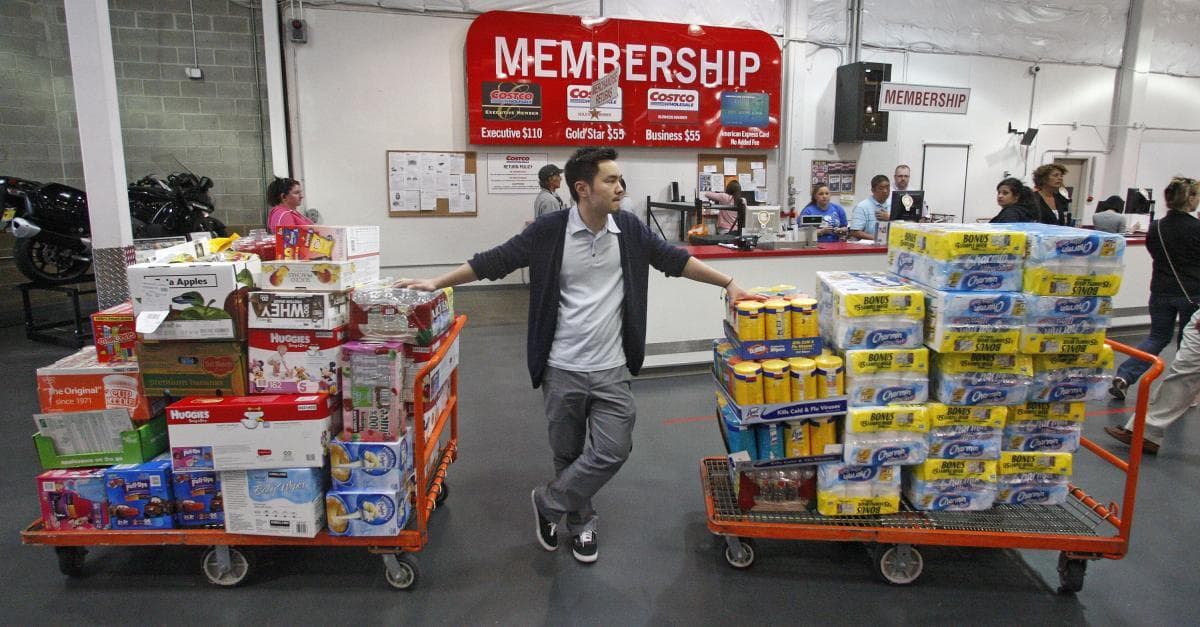
Buying in bulk not only saves you money, but also reduces packaging waste, making it an eco-friendly shopping choice at grocery stores. By purchasing larger quantities of non-perishables like food and toiletries, we can cut down on packaging waste and create less waste overall. Some great non-perishable options for bulk buying include dried fruits, nuts, cereal, rice, beans, and spices.
When shopping for bulk items, it’s essential to bring along reusable bags, jars, and other containers. This simple practice not only minimizes packaging waste, but also encourages a more environmentally responsible shopping experience, benefiting both our wallets and the planet.
Upcycling and Repurposing Household Items
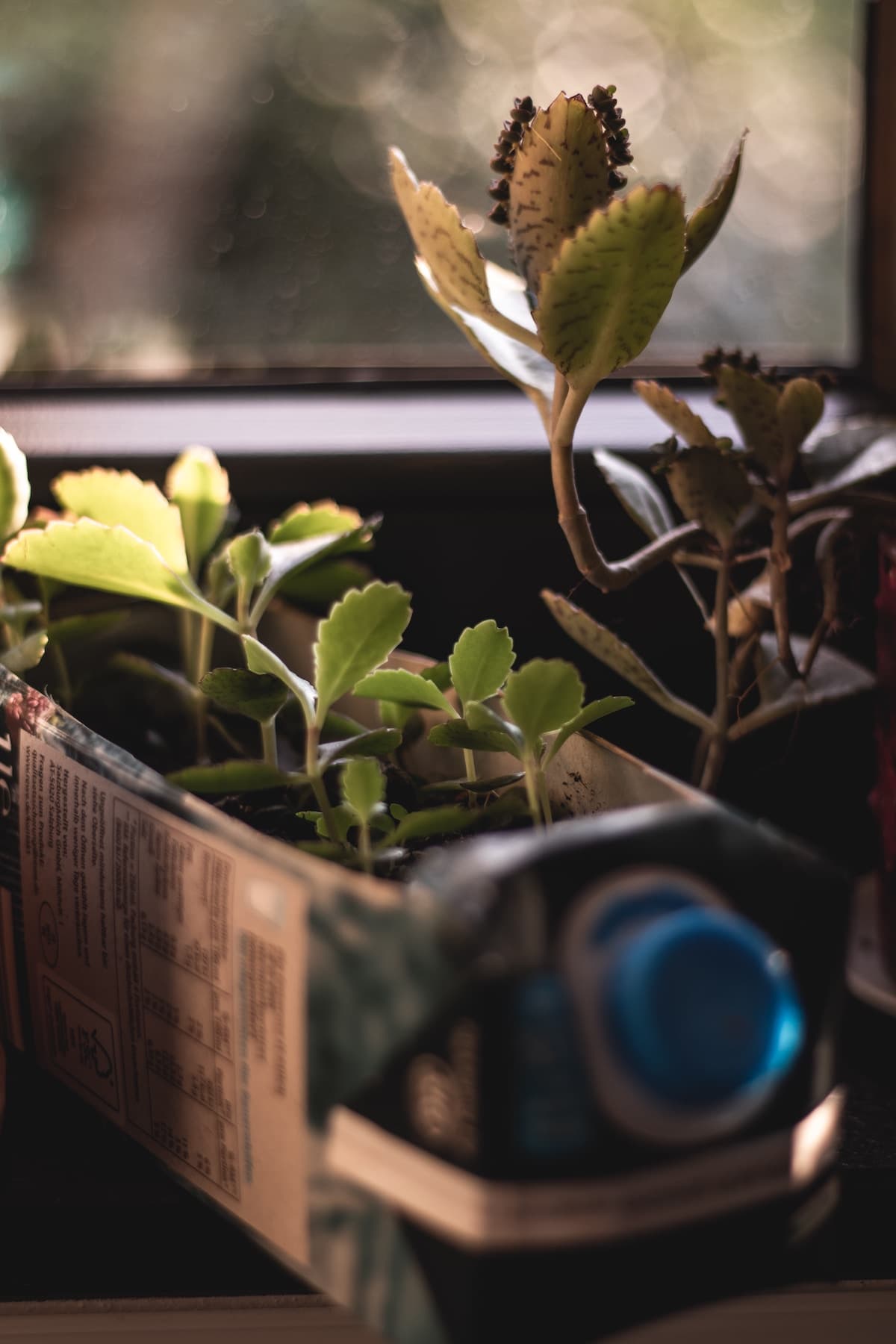
Upcycling and repurposing household items can give new life to old belongings, reducing waste and promoting creativity. Some creative ways to upcycle household items include making pillows, gift wrap, or art out of old fabric, planting herbs or veggies in teapots or colanders, and using storage bins and caddies for various purposes around the house.
By giving new life to old belongings, we can significantly reduce waste and contribute to a more sustainable, eco-friendly home. So, the next time you’re thinking about tossing out that old t-shirt or broken chair, consider repurposing it into something useful and unique instead.
Going Digital to Reduce Paper Waste
Going digital can help cut down on paper waste and clear out your space, while also reducing electronic waste. In today’s digital age, there are numerous ways to reduce paper waste, such as electronic statements from banks, e-tickets from airlines, setting up automatic payments for monthly bills, electronic receipts, and digital subscriptions. By embracing digital alternatives, we can significantly reduce our paper waste and contribute to a cleaner, greener environment.
Moreover, by declining marketing mailings, we can further cut down on paper waste, promoting a more eco-friendly lifestyle. So, let’s start going digital today and make a conscious effort to reduce paper waste in our homes and lives.
Creating a Home Composting System
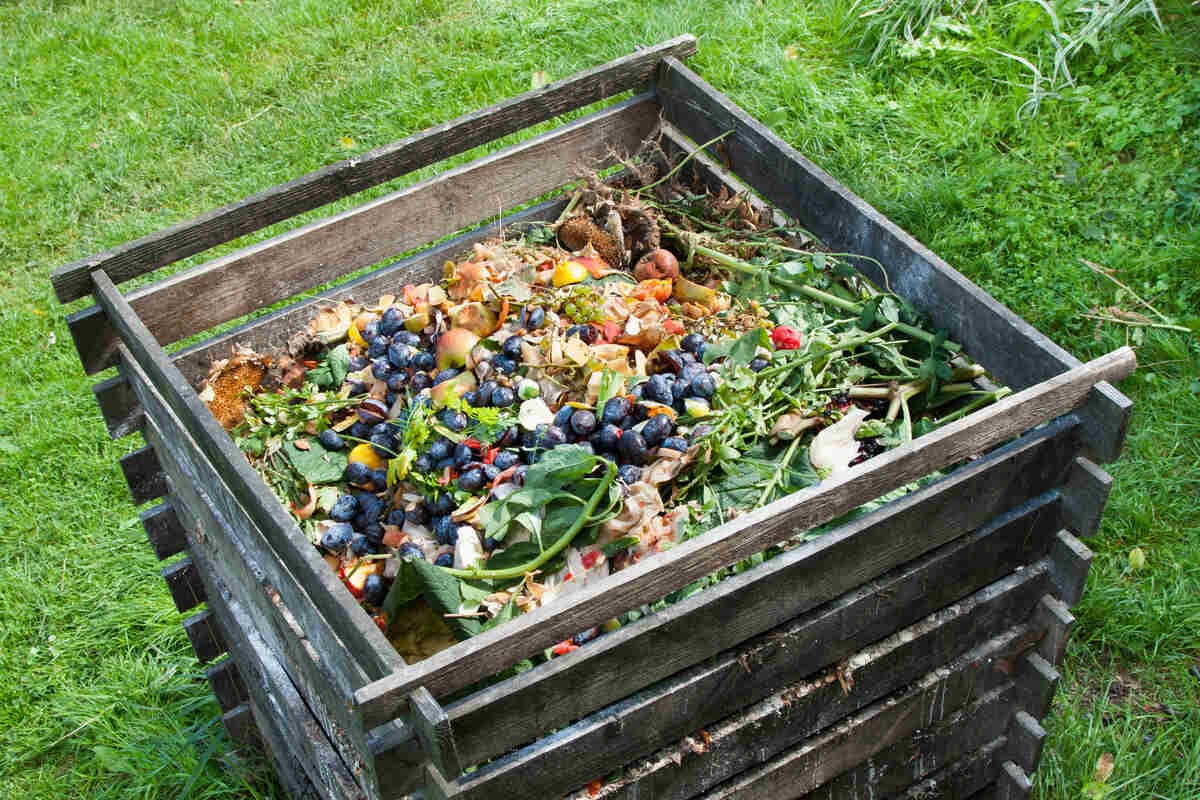
Creating a home composting system can turn food scraps and yard waste into nutrient-rich soil, helping to reduce waste and improve your garden. Composting is a great way to reduce waste since it diverts it away from landfills and reduces methane production. In fact, up to 25% of household waste can potentially be composted.
Composting not only helps cut down on kitchen waste, but also provides your garden with nutrient-rich soil, lessens the need for fertilizers, and even helps absorb more water, so you don’t have to water your plants as often. By creating a home composting system, we can contribute to a more sustainable, eco-friendly home and garden.
The Art of Repair and Maintenance
Regular repair and maintenance of household items can extend their lifespan, save money, and reduce waste. By ensuring that our belongings are in good working condition, we can minimize the need to replace them, ultimately reducing waste and promoting a more sustainable lifestyle. Basic tools needed for repairs include screwdrivers, pliers, superglue, needle and thread, and Allen keys.
From fixing broken bits to giving items a good cleaning and lubrication, repair and maintenance are essential practices for maintaining a more eco-friendly home. By embracing the art of repair and maintenance, we can not only save money, but also contribute to a cleaner, greener environment.
Investing in Energy-Efficient Appliances
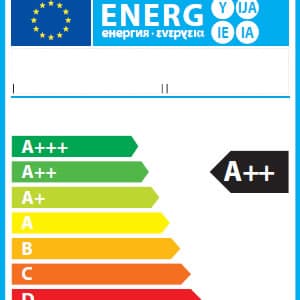
Investing in energy-efficient appliances can reduce electricity consumption, lower utility bills, and decrease your carbon footprint. By choosing appliances with the Energy Star label, we can ensure that they meet or exceed energy efficiency standards set by the U.S. Department of Energy. Furthermore, utilizing smart meters can help save on energy bills by monitoring electricity usage and identifying abnormalities, leading to a 5-15% reduction in electrical consumption.
By investing in energy-efficient appliances, we can promote clean energy and contribute to a more sustainable future. So, the next time you’re in need of a new appliance, consider choosing one that’s energy-efficient and eco-friendly.
Shopping Secondhand and Supporting Local
Shopping secondhand and supporting local businesses are fantastic options for reducing waste, saving money, and helping to build a circular economy. Buying secondhand items helps us avoid contributing to the creation of more packaging waste and keeps someone else’s stuff from reaching the landfill. Plus, it can save us some money too.
Supporting local businesses has its perks, such as fresher, tastier, more sustainable, and more nutritious food, as well as cycling money back into the local economy. By shopping secondhand and supporting local businesses, we can contribute to a more sustainable, eco-friendly lifestyle and help make a positive impact on our environment.
Reducing Water Waste at Home
Reducing water waste at home is essential for conserving a precious resource and saving money. By installing efficient fixtures, such as low-flow faucets and showerheads, and practicing mindful water usage, we can significantly reduce our water consumption. Simple practices like shutting off the tap while brushing teeth and using a cup of water to rinse can make a big difference in water conservation.
In addition to efficient fixtures and mindful usage, fixing leaks in toilets, faucets, and pipes can help reduce water waste even further. By taking these steps to reduce water waste at home, we can contribute to a more sustainable, eco-friendly lifestyle and protect our planet’s most valuable resource.
Utilizing Solar Energy
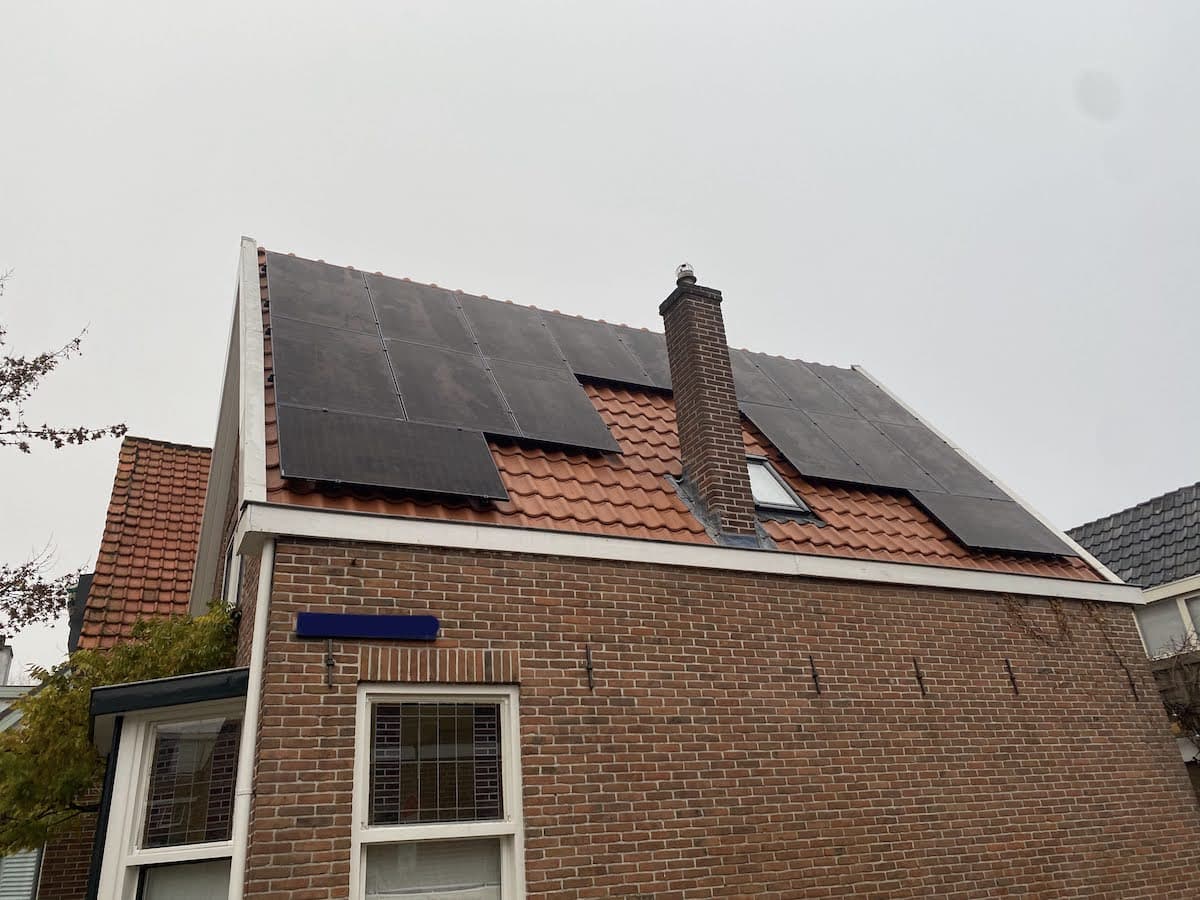
Utilizing solar energy by installing solar panels or solar-powered appliances can reduce electricity consumption and promote clean energy. Solar energy is a renewable energy source that can help lower your electricity bill, reduce carbon emissions, and minimize greenhouse gas emissions and climate change. Installing solar panels on your roof or in a sunny spot in your yard, you can harness the power of the sun and contribute to a cleaner, greener future.
Investing in solar-powered appliances, such as water heaters, can further reduce your electricity consumption and promote clean energy in your home. By utilizing solar energy, we can contribute to a more sustainable future and reduce our dependence on nonrenewable resources.
Creating a Zero Waste Kitchen
Creating a zero waste kitchen by using reusable items, proper food storage, and composting can significantly reduce household waste. Embracing reusable containers, utensils, and bags instead of disposable ones is a fantastic way to reduce waste in the kitchen.
In addition to using reusable items, proper food storage and composting can help minimize food waste and maximize the efficiency of your kitchen. By implementing these strategies, we can create a zero waste kitchen that not only reduces waste but also contributes to a more sustainable, eco-friendly lifestyle.
So, let’s start making these simple changes in our kitchens today and pave the way for a cleaner, greener tomorrow.
Greener Cleaning Solutions
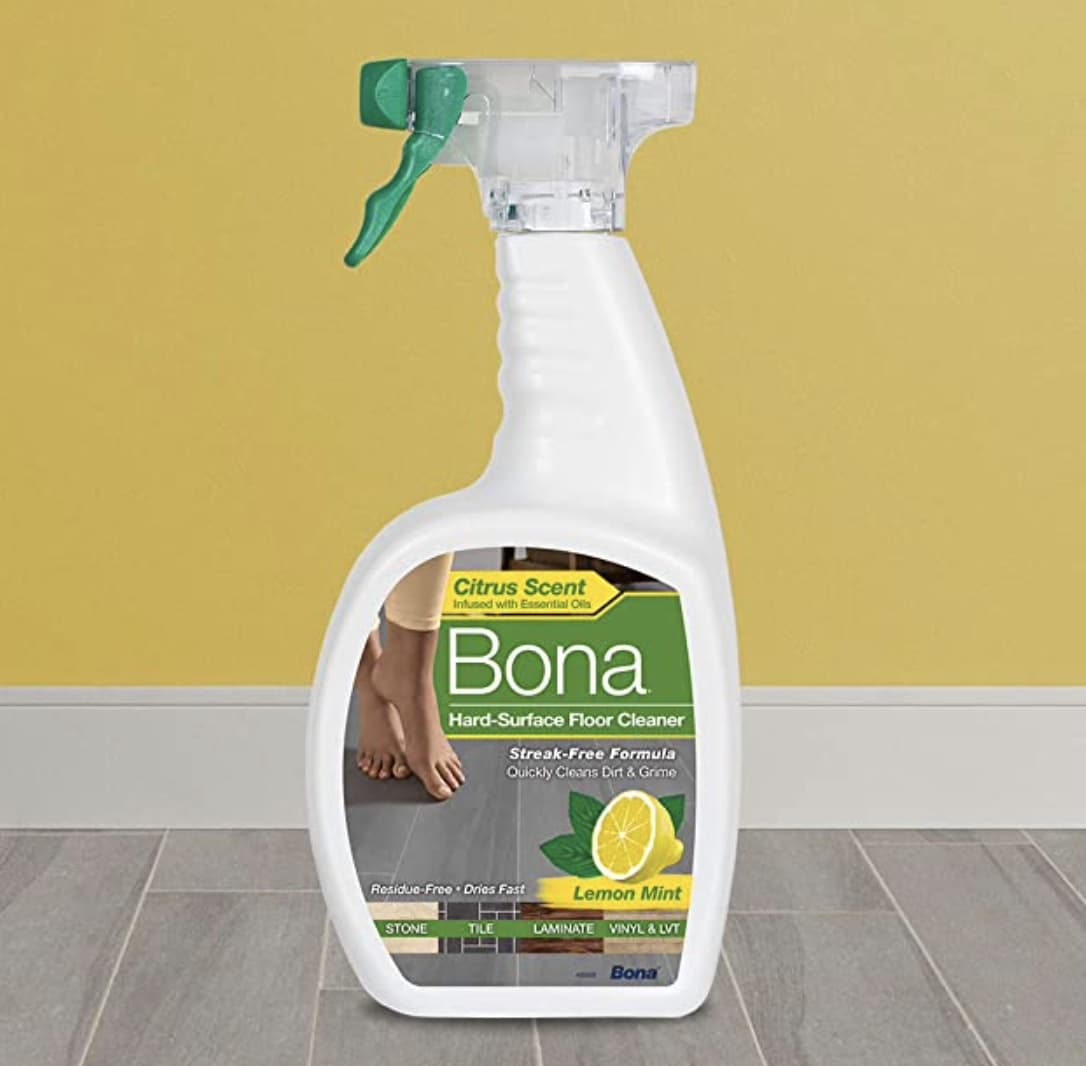
Greener cleaning solutions, such as homemade cleaners and eco-friendly products, can reduce waste and promote a healthier home environment. Using natural ingredients like vinegar and baking soda is one of the best ways to go green with your cleaning. They can be used to tackle all sorts of surfaces in your home, like toilets, floors, and countertops.
By choosing greener cleaning solutions, we can work towards a more eco-conscious lifestyle that benefits both our health and the environment. So, the next time you need to clean your home, consider using homemade cleaners or eco-friendly products to reduce waste and create a healthier living space.
Participating in Community Recycling Programs
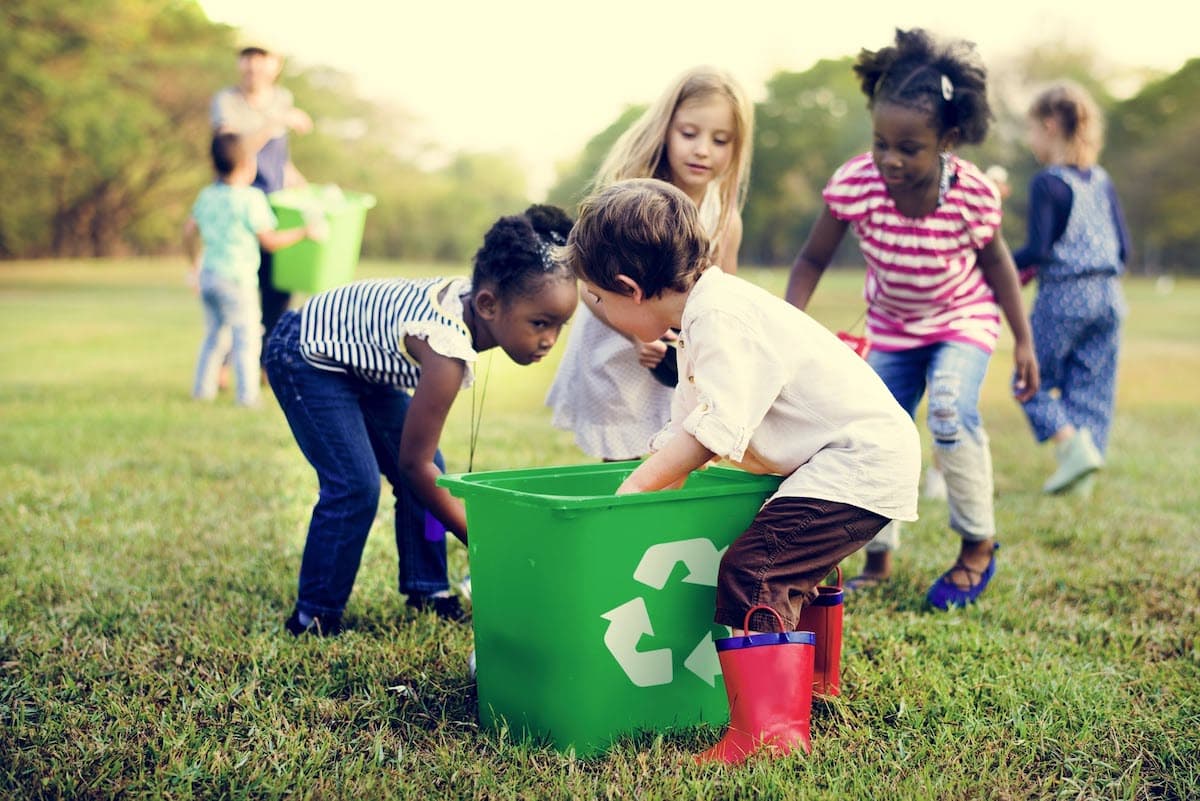
Participating in community recycling programs can help ensure proper disposal of waste materials and contribute to a cleaner environment. By joining recycling initiatives and following the “Reduce, Reuse, Recycle” mantra, we can work together to create a more sustainable future.
Community recycling programs play a crucial role in waste management and environmental protection. By actively participating in these programs, we can contribute to a cleaner, greener community and help preserve our planet for future generations.
Planting a Sustainable Garden
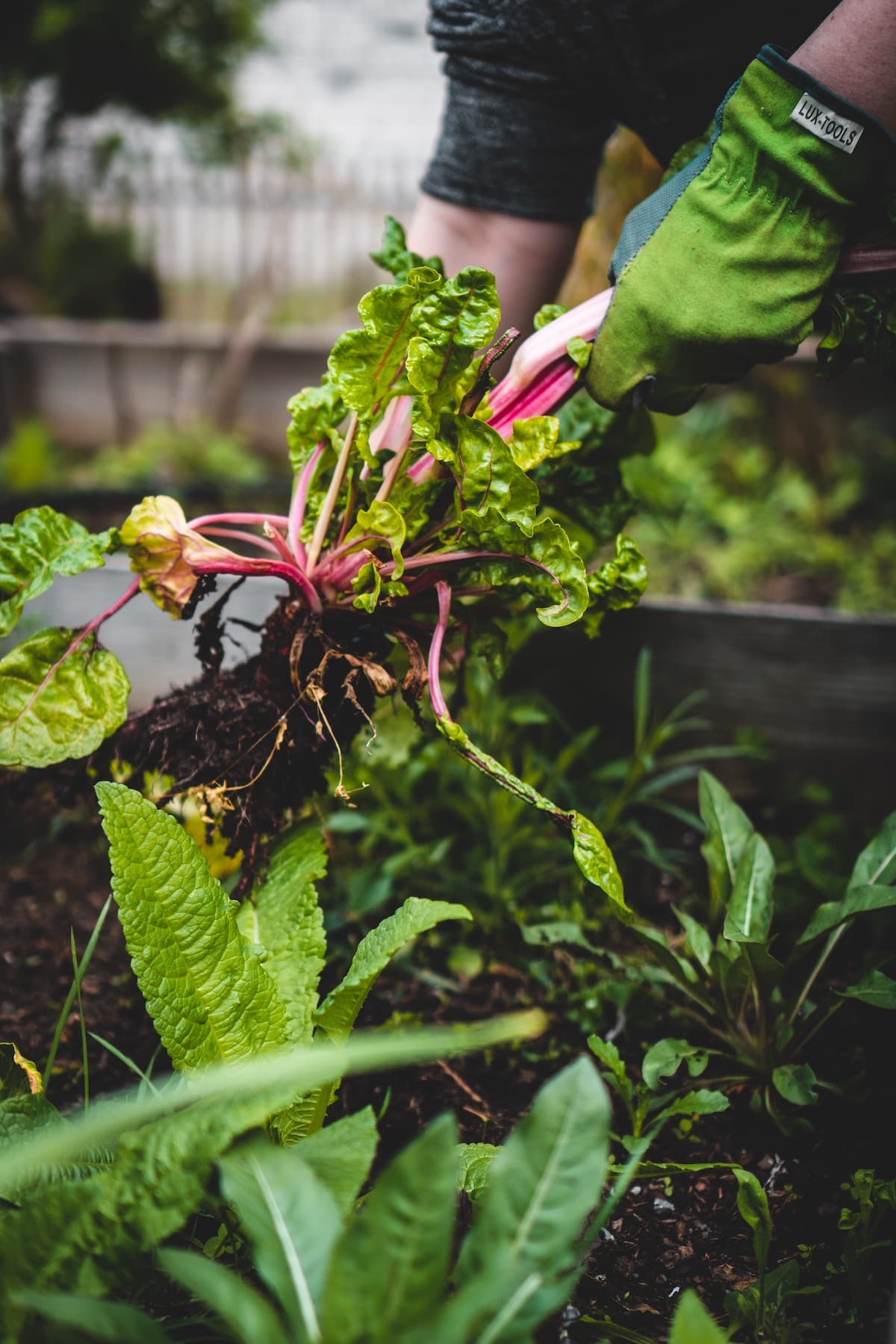
Planting a sustainable garden with native plants, composting, and water-saving techniques can reduce waste and create a beautiful outdoor space. A sustainable garden includes native plants, organic methods, and water-saving techniques, all of which contribute to a more eco-friendly outdoor space.
By implementing these strategies in our gardens, we can not only reduce waste, but also create a beautiful, eco-friendly outdoor space for ourselves and our families to enjoy. So, let’s start planting our sustainable gardens today and contribute to a greener, more beautiful world.
Green Gifting and Celebrations
Green gifting and celebrations by using reusable or recyclable materials and eco-friendly products can reduce waste during special occasions. By using reusable gift wrap, wrapping gifts in newspaper or fabric, or using recycled wrapping paper, we can make our gift-giving more sustainable and eco-friendly.
In addition to green gifting, we can also make our celebrations more sustainable by using eco-friendly products and materials. By embracing green gifting and celebrations, we can reduce waste during special occasions and contribute to a more sustainable, eco-friendly lifestyle.
Educating Children on Waste Reduction
Educating children on waste reduction through hands-on activities and discussions can instill lifelong habits of sustainability and environmental responsibility. By engaging children in fun activities like scavenger hunts, upcycling art projects, and zero-waste challenges, we can teach them the importance of waste reduction and help them develop sustainable habits.
By teaching children about waste reduction in schools and at home, we can ensure they understand the importance of sustainability and environmental responsibility early on. Let’s start educating our children today and help them develop lifelong habits of sustainability and environmental responsibility.
Reducing Textile Waste
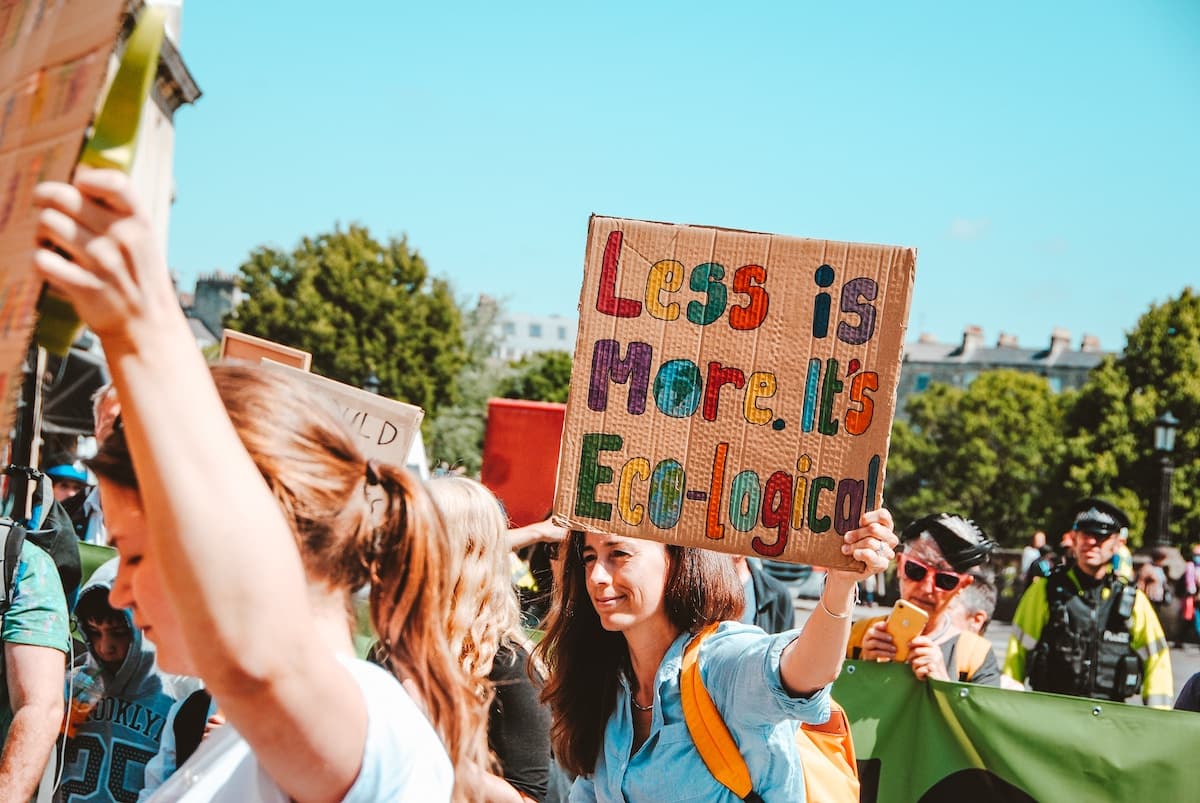
Reducing textile waste by donating, repurposing, or recycling old clothing and textiles can help minimize landfill waste and support those in need. By wearing our clothes more often, repairing existing clothes, and opting for quality over quantity, we can reduce textile waste in our daily lives. Additionally, buying second-hand, investing in sustainable brands, and recycling or donating unwanted clothes can also help make a difference.
By reducing textile waste, we can contribute to a more eco-friendly home and help minimize landfill waste. So, let’s start donating, repurposing, or recycling our old clothing and textiles today and make a positive impact on our environment and those in need.
Supporting Innovative Waste Solutions
Supporting innovative waste solutions, such as waste-to-energy technologies and recycling initiatives, can contribute to a more sustainable future. By backing the growth and rollout of innovative waste management technologies like smart waste bins, waste level sensors, and AI recycling robots, we can help address our organic waste disposal challenges and promote a cleaner environment.
In addition to supporting innovative waste management technologies, we can also contribute to a more sustainable future by participating in waste-to-energy initiatives. For example, in Sweden, more than half of all household waste is used to generate energy to heat homes. By supporting innovative waste solutions, we can work together to create a greener, more sustainable future for all.
Summary
We have explored 21 innovative ways to reduce household waste and create a more eco-friendly home. From embracing reusable items and buying in bulk to planting a sustainable garden and educating children on waste reduction, each of these strategies can make a significant impact on our environment and contribute to a cleaner, greener world.
By implementing these waste reduction strategies in our daily lives, we can not only save money, but also help preserve our planet for future generations. So, let’s start making these simple changes today and work together towards a more sustainable, eco-friendly lifestyle.
Frequently Asked Questions
How could you effectively reduce your household waste?
Eliminate single-use plastics, invest in reusable items such as water bottles and grocery bags, purchase less items with packaging, and use cloth produce bags instead of plastic.
Support local farmers and avoid tea bags to reduce household waste.
What are 5 waste management strategies for reducing waste?
Reducing waste starts with the basics of reuse, reduce, recycle, compost and educate. Reuse by buying second-hand items, reduce consumption, recycle where possible, compost food and organic materials, and spread the word about proper waste management.
These five steps are key to reducing waste in our environment.
What are some examples of reusable alternatives to single-use plastics?
By ditching single-use plastics and switching to reusable items such as cutlery, stainless steel straws, and containers, we can reduce our plastic waste significantly.
Making the switch to reusable items is an easy way to reduce our plastic waste and help protect the environment.
How can we cut down on food waste in our kitchens?
Let’s reduce food waste in the kitchen by planning meals ahead of time, using leftovers, and shopping in bulk.
Planning meals ahead of time can help you use up ingredients before they go bad. You can also use leftovers to create new meals, or freeze them for later. Shopping in bulk can help you save.
How can we reduce textile waste in our daily lives?
Reducing textile waste in our daily lives is achievable by wearing clothes more often, repairing existing clothes, and buying second-hand.